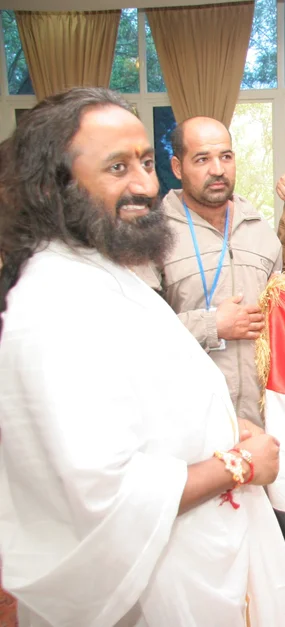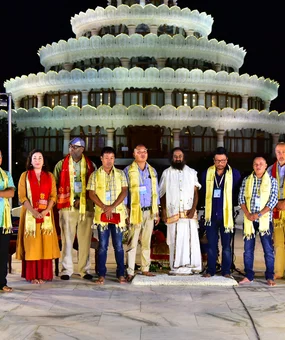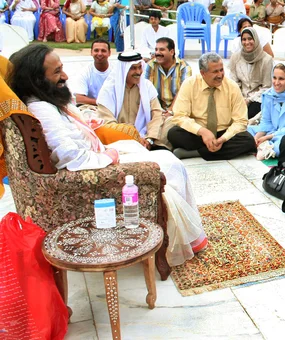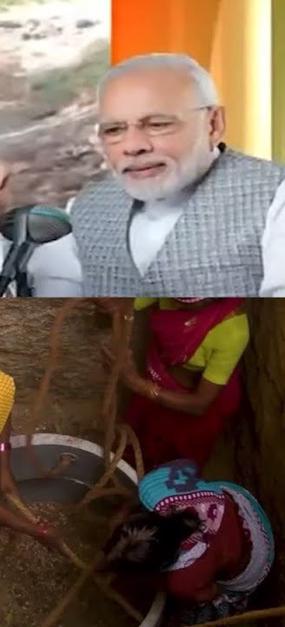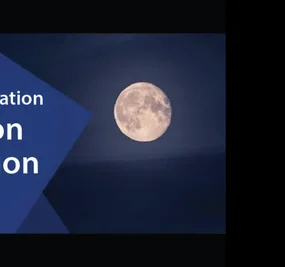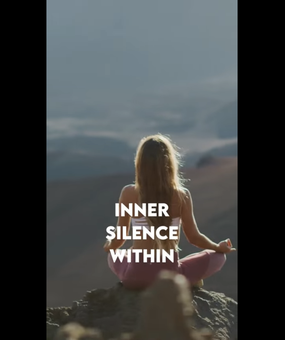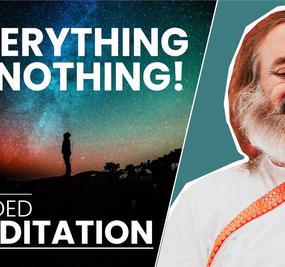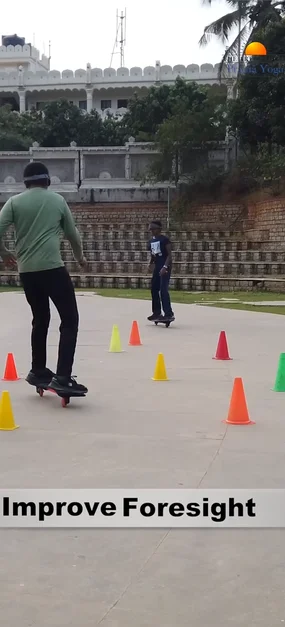Iraq – an ancient and rich civilization caught up in war and insurgency – has seen millions of its hapless citizens turning into either Internally Displaced Persons (IDPs) or refugees in camps.
Bringing relief and stress-reduction programs to these war-weary people calls for committed persons. Mawahib Shaibani, an ex-banker, is one of them.
Inspired to create a change in her community, Mawahib has been working in Iraq and in other parts of the Middle East. A program director with the International Association for Human Values (IAHV) in Iraq, Mawahib liaises and works with government agencies, other NGOs, ministries and communities in social and humanitarian initiatives. In a nation where women’s rights are a serious concern, Mawahib forays into many areas. She organizes vocational skills training and trauma-relief programs for women. She has also conducted a leadership program for 35 Members of Parliament in Erbil.
Mawahib speaks on working in the refugee and IDP camps in one of the most volatile regions of the world:
How did the situation in Erbil begin?
In June 2014, the ISIS attacked Mosul, the second-largest Sunni city, and the people there fled to the borders of Erbil, Kurdistan. The traumatized families had lost everything. Then, in August, the ISIS attacked the Yazidis. Two years ago, the ISIS had taken about 5000 girls and women captive.
What is happening in the camps?
People in the camps are traumatized and frustrated having been here for two years without money, education, and employment. They are just waiting for the different areas to be liberated.
There is a difference between camps for refugees and those for IDPs. The refugees are from Syria. The rest are IDPs (Internally Displaced Persons) who are Iraqis displaced by the war.
What is the background of the displaced people?
A majority of the people are Sunnis. Some Christians are finding asylum outside, and many Yazidis have left while some of them have gone to Europe. The German government has taken responsibility for some Yazidi girls who are survivors of violence and rape.
Tell us about the relief efforts so far.
The first camp to which we took food and aid was the Khazir camp.
We have distributed food, winter clothes and blankets to camps in Khazie, Karbarto, Duhok, and so on. We also air-dropped 130 tons of supplies to people trapped in the Sinjar Mountains through planes and parachutes, and later 4 more tons, till it was liberated from the ISIS.
If the food had not reached the mountains, 10,000 stranded people would have died. The war did not stop, but we have saved about 200 Yazidi women.
We took food to Makhmur when we could not get safe passage to take it to Fallujah.
“It is very rewarding to be of help in organizing and conducting the life-skills workshops in Erbil. I am humbled and happy to be able to bring this to people who have gone through such trauma and hardship.”
~ Samer Tamaz, a Lebanese national working in Canada, now a full-time volunteer in Erbil, Kurdistan.
Were there any risks in deploying the material?
There is always a risk in war. Certain areas are dangerous, so we ask the army to escort us to ensure a safe passage. The government has been very supportive and helpful. They not only give us permits and people to assist us volunteers but also facilitate our work.
Tell us about the IAHV’s approach for trauma relief work.
We combine relief work and programs with the aim of giving aid and simultaneously relieving the affected people of their trauma. People are in deep distress as they do not even know where the rest of their families are, or whether they are even alive.
We have conducted leadership programs for the youth, stress relief programs for police staff and 75 prisoners in the prisons of Sulaymaniyah. We are now going to begin programs for the affected children as well.
What has been the response of the women in the camps to the relief work?
We have a couple of Yazidi girls who are working now and helping women. They said, “We lost trust in humanity before we did this program. Now you have brought the trust back into our lives.” Now they have moved on to a hope that they can make a difference in others’ lives.
Gurudev Sri Sri Ravi Shankar visited Kurdistan on a peace mission in 2014. Tell us more about that.
Gurudev’s visit added momentum to our initiatives. He went to the camps and also met with the Prime Minister of Kurdistan Nechirvan Barzani, Parliamentarians and religious leaders.
We held the first Peace Conference then. After that, we have trained about 100 youths in peace-building and have conducted resilience workshops in the last year and a half.
What has been your learning and realization from all this work?
We have seen youth becoming more dynamic and enthusiastic after our programs. They truly look forward to helping people.
It is amazing to see affected youngsters willing to learn peace, understand peace. And for them, humanity and not religion is more important.
Can you share your plans for the youth?
I would also like to open a center for peace so that we can train more and more youth in leadership, computer and media literacy as well as skill-building activities.
We have taken 27 youth to The Art of Living International Center in Bengaluru, to do their teachers’ training. They will be called Peace Ambassadors and will train others.



